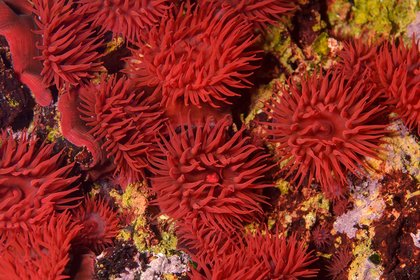
Image by SeacologyNZ.
A global 10-year strategy to halt the loss of nature is "weak" in one key area, say international scientists, including Massey University’s Dr Libby Liggins.
A draft biodiversity plan published in January by the Secretariat of the Convention on Biological Diversity, does not go far enough to protect the genetics of wild animals and plants according to 20 international researchers in a paper published in Science.
The researchers warn that the targets and indicators proposed in the document neglect genetic diversity – “the building block of evolution and of all biological diversity”.
Currently the convention plan focuses only on domesticated and cultivated species or their wild relatives, neglecting the bulk of wild species that deliver less immediate, but essential, benefits to human society.
The scientists recommend that the post-2020 framework document should explicitly commit signatories to maintain genetic diversity of all species, and to implement strategies to halt genetic erosion and preserve the adaptive potential of populations of both domesticated and wild species.
“Among scientists, the importance of genetic diversity in sustaining ecosystems and human society is well understood – and not only in the species we harvest or cultivate for direct use, but including genetic diversity of all species within our biosphere. We need this to be reflected in our national and global biodiversity goals from here on.
“As technology has advanced, and recognition of the importance of genetic information has increased, genetic diversity data has become more and more available – this could now be used to help us understand the state of our biodiversity,” Dr Liggins says.
The CBD is an international treaty under the United Nations Environment Programme, opened at the Earth Summit in Rio de Janeiro in 1992 and is currently signed by 195 nations plus the European Union.
New targets will be agreed at October's Convention on Biological Diversity.